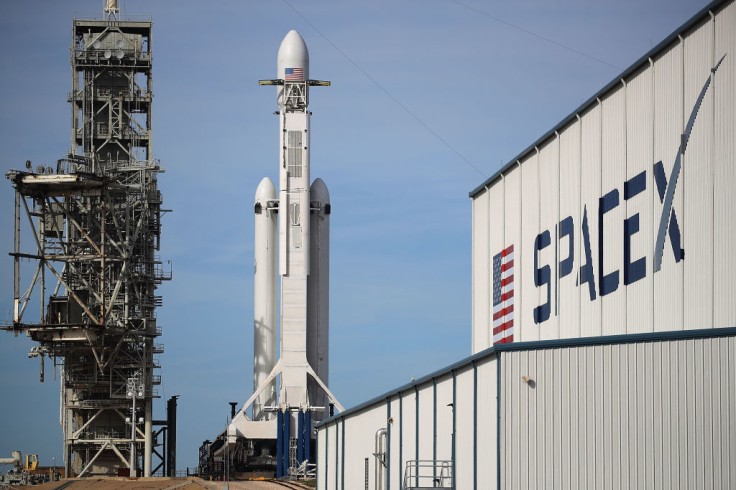NASA has once again selected SpaceX to deliver its gamma-ray space telescope above the Earth's orbit in 2027.
With a fixed $69 million contract, NASA will be partnering with SpaceX to send its Compton Spectrometer and Imager aboard the Falcon 9 rocket from Cape Canaveral Space Force Station in August 2027.

The mission, which was first announced in 2021, is being touted as another step for the agency "to better understand the creation and destruction of matter, antimatter, and the final stages of stars."
Specifically, the telescope will provide scientists with better insights into the origins of the Milky Way and other cosmic objects that can be studied through gravitational waves and electromagnetic radiation.
NASA Modernizes Space Telescope Arsenal
The deployment of COSI is expected to increase NASA's capabilities in studying the universe as it positions to replace the aging Hubble Space Telescope.
The Hubble Telescope, which only has two remaining telescopes working, is planned to return to Earth's orbit by mid to late 2030s.
When this time comes, the COSI telescope will provide the agency and its affiliated institutes with new study materials in addition to data collected from the James Webb Space Telescope.
More NASA Contracts for SpaceX
The COSI commission is only the latest task SpaceX has secured from NASA as it continues to expand operations and services for its Falcon 9 rocket.
Earlier last week, the Elon Musk-led aerospace maker was also hired to help the agency retire the In 925,000-pound International Space Station in 2030.
While NASA would still handle most of the deorbiting operations, SpaceX is commissioned to provide the schematics and testing for the vehicle that will be used to guide the space lab back to Earth's orbit.
The contract is estimated to value up to $843 million.
These are in addition to its existing commitments with NASA since 2014 to help deliver the astronauts back to the moon for the first time in over 50 years with its Artemis missions.
Related Article : NASA Hires Elon Musk's SpaceX to Retire the ISS in 2030









